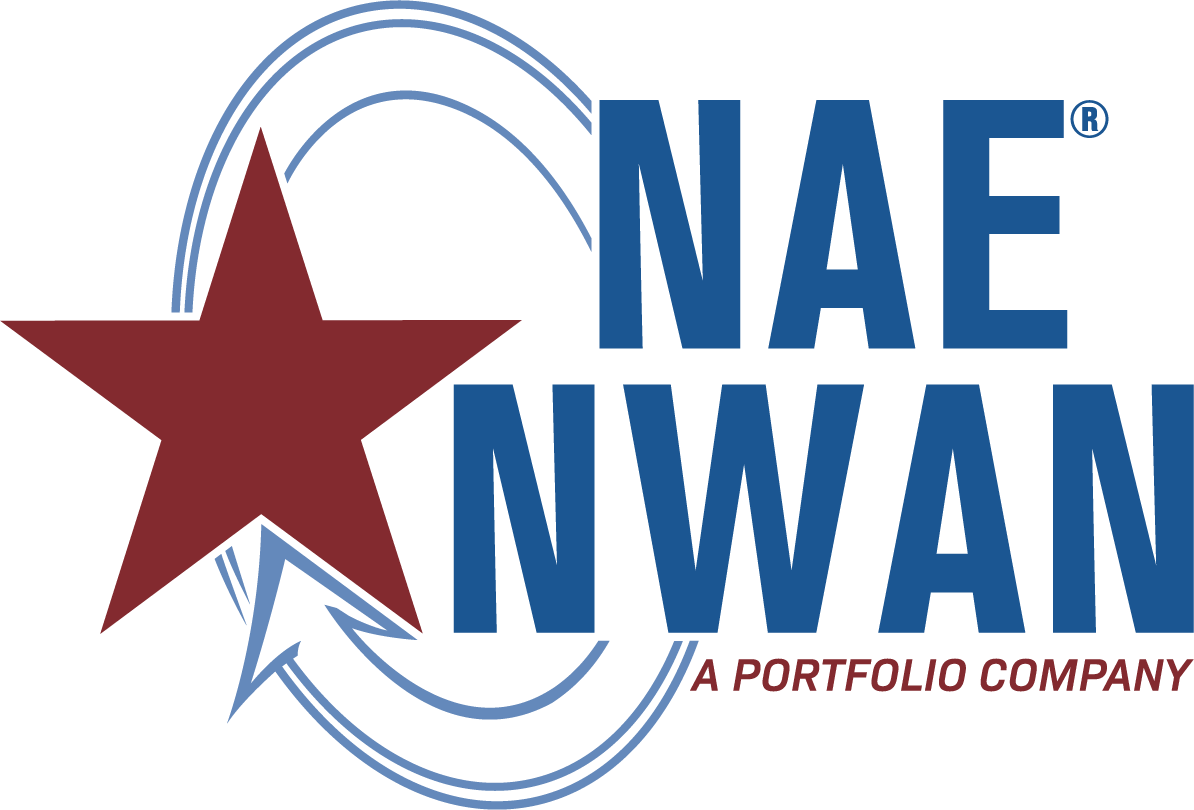Last updated July 1, 2021
In the oil industry, the difficulty of extracting and processing reserves from the ground directly impacts the viability of doing so. Naturally, it directly impacts the price; when oil is more difficult to extract, it costs more. And when it is easier to extract, it costs less. At a certain point, the oil extraction becomes cost-prohibitive, and it remains in the ground.
WordPress is a lot like oil. According to a landmark study by WPEngine, the WordPress economy will be worth $650 billion by the end of 2021, twice the size of the $330 billion dollar oil industry. It is massive in scope and employs millions of people who build, manage, support, and extend websites, plugins, and various other services. Project managers, web developers across, quality assurance testers, designers, engineers, content writers, SEO experts, and more. If WordPress were an economy, it would be the size of Switzerland.
In the WordPress economy, the work is the oil. The projects, the tasks, the problems that create jobs, the aspirations that create new projects. And like oil, it too is limited by the complexity and costs of its extraction. Building and deploying WordPress websites is easy — there are millions of agencies and freelancers who take these jobs. Then there are many more who build and sell tools and plugins to extend those websites.
But how much of the WordPress oil is still in the ground, too costly to extract? Take, for example, the array of issues that regularly appear in WordPress websites. From server updates, to core updates, to third-party plugin updates. Pages have to be regularly tested to ensure they are working correctly on all of the various browsers and devices. WordPress creates a lot of work. And if a website has a dedicated webmaster, then this work will gets addressed at some point.
But what about all of the websites which do not have a webmaster? Or whose webmaster is too busy to handle all of the issues that come up? What about that oil? Well, it stays in the ground because it is cost-prohibitive to extract. Perhaps a company reserves their expensive webmaster for more pressing tasks. Or perhaps the effort required to post a job on Upwork to solve the two red notifications is just too time-consuming for the perceived benefit. After all, posting a job on Upwork, the most popular freelance marketplace, takes a substantial amount of effort involving hundreds of individual decisions spread across tens of forms and pages, tiresome interactions with opaque bidders all saying the exact same thing.
The oil industry regularly reinvests a heft percentage of its profits into new methods for cost-effectively extracting and processing the as-of-yet untapped oil spread out across the globe. But despite all of their efforts, we know there is still trillions of dollars in value just out of reach. I believe the WordPress economy, at twice the size of the oil industry, is exactly the same. In my two decades in technology, I have never come across a WordPress website that did not have some work that needed fixing, webmaster or not. But to make the extraction of this value worthwhile, we need to devise new methods for extracting and processing it.
In 2019 Upwork, one of the largest players in the gig industry, seemed to have given up on trying to extract this value. In a 2019 call with investors, Upwork CEO Hayden Brown decided to shift their focus away from “smaller companies looking for a quick job with a single gig worker”, toward enterprises with more complicated requirements. Though WordPress is only one of the thousands of skills they cater to, it is a massive one, and to me, this statement implies that they intend to leave this work in the ground.
This year, Prospus has identified what we think are billions of dollars in untapped WordPress oil, and now we are hard at work building the tools we think will bring it to the surface and process it into well-paying jobs and profits. I look forward to sharing more about our forthcoming venture in the months ahead.






















